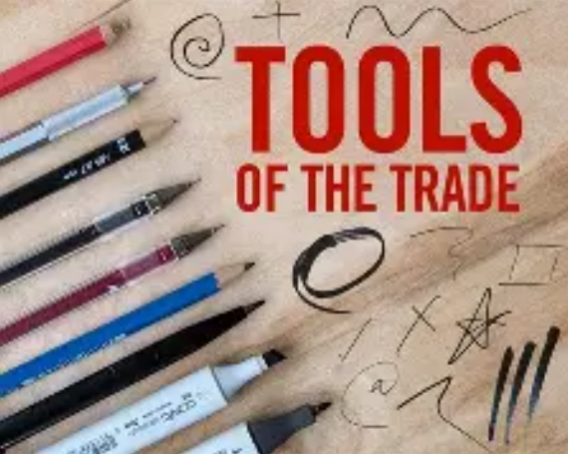In wealthy circles, transferring assets goes beyond simple figures; it involves a complicated process that connects finances, family relationships, and individual principles. For those with significant wealth, a smooth handover of resources to future generations requires more than a straightforward estate plan.
Beyond the Balance Sheet
Wealth transfer has traditionally centered on asset distribution, yet modern wealth holders understand that a comprehensive strategy is crucial. Family governance structures are vital to this process. By creating family constitutions or councils, families can clarify their vision, values, and decision-making procedures. This approach aids in aligning family members toward common long-term objectives, such as preserving a business, supporting charitable endeavors, or sustaining a preferred lifestyle. For example, some wealthy families develop mission statements that direct how their wealth is utilized, ensuring support for causes deemed important across generations.

Additionally, the transfer of human and social capital is often overlooked. Families with high earnings possess distinctive skills, networks, and experiences. Implementing mentorship programs within the family can convey business knowledge, investment methods, and wealth management techniques. Sharing stories of entrepreneurial achievements and financial resilience fosters the right mindset in the younger generation, rather than just passing on financial resources.
The Tools of the Trade
Wealth transfer is being transformed by advanced financial tools. For instance, private trust companies (PTCs) provide more control and options than traditional trust arrangements. Wealthy individuals can set up PTCs to oversee family trusts, resulting in customized investment strategies and governance methods. This arrangement also enables family members to gain practical knowledge in managing wealth, which prepares them for future roles.

Modern wealth portfolios are increasingly incorporating digital assets. Cryptocurrencies, digital art, and non-fungible tokens (NFTs) introduce specific challenges when it comes to inheritance. To address these issues, specialized legal and tech solutions are being developed to ensure that digital assets are effectively included in estate plans. For example, inheritance platforms based on blockchain technology can securely transfer ownership of digital assets, ensuring clarity and unchangeable records throughout the process.
Navigating Family Dynamics
A major challenge in transferring wealth is conflict within families. Disputes can arise from unequal asset distribution, varying levels of financial understanding among heirs, or differing ideas about the family’s future. To avoid these issues, open communication is essential. Holding family meetings that focus on financial literacy and plans for transferring wealth can clarify the process and tackle worries early. Engaging professional mediators or wealth advisors can also help guide these discussions and reduce tensions.

Moreover, one should not ignore the emotional impact of getting an inheritance.Young heirs might feel stressed or anxious about handling large amounts of money. Educational programs, both official and casual, can prepare them with the necessary knowledge and skills to manage their new financial obligations, promoting a positive outlook toward money.In conclusion, the task of successfully transferring wealth to the next generations is intricate.Those with considerable assets should start planning now. By implementing a thorough strategy that includes innovative financial tools, effective family governance, and honest communication, wealthy families can build a lasting legacy that goes beyond just financial advantages.


